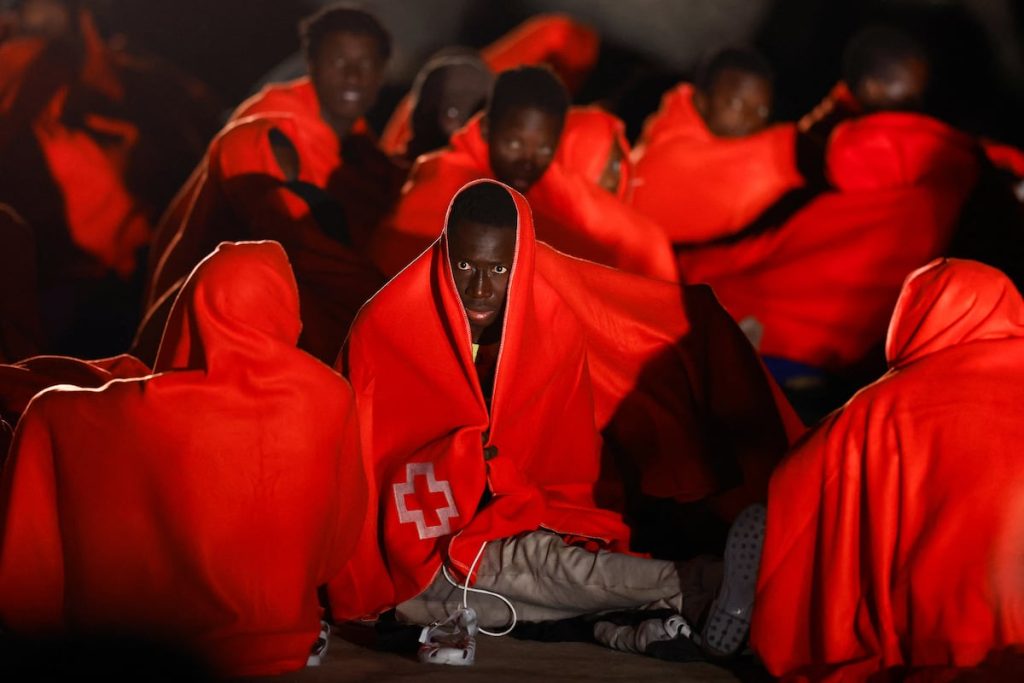The reactivation of the Canary route in the last moments of the year reactivates political tension in the islands. The president of the Canary Islands, Fernando Clavijo, accused the Government and the PP of being complicit in maintaining the alert situation in the Canary Islands. He stated that the situation is unsustainable, with the government overseeing 5,800 minors and resources overloaded with more than 300 children when studies recommend a maximum of 20. The recent influx of migrants has strained resources and led to overcrowding in centers.
Recent arrivals have included multiple boats carrying migrants, with 1,064 migrants rescued over the weekend, adding to the total of 2,190 migrants arriving in Canarias since Christmas. The Spanish government has been accelerating transfers of migrants to different parts of Spain to ease the congestion in the archipelago. However, the responsibility for minors falls on the regional government, which has been unable to reach a political agreement in Congress for a reform of the immigration law to establish a mandatory distribution system for minors.
The Partido Popular has been accused of blocking any agreements on immigration policy, despite being part of the government in the islands. They have voted against proposals for a distribution system for migrant minors and have walked out of negotiations, demanding that their strict migration policies be met. The lack of agreement between the regional and national governments has exacerbated the situation, and the current system is unable to cope with the increasing number of arrivals, particularly of unaccompanied minors.
Fernando Clavijo has criticized both his government partner and the national government for failing to address the crisis adequately. He accused them of leaving the Canary Islands alone in dealing with an unprecedented migration crisis and neglecting the rights of children arriving on their shores. Despite the tensions, he ruled out any rupture with his government partner, insisting that all political forces in the region, except Vox, have closed ranks to tackle the issue.
The Socialist Party has blamed the president of the Canary Islands for not effectively managing the crisis and for failing to impose his will on his government partner to reach a solution. They have called on Clavijo to either force the PP to support the agreement with the Socialists or to expel them from the government. The lack of consensus and the distribution of blame between the PP and the PSOE have created discontent and further complicated the efforts to address the migration crisis in the Canary Islands. The situation remains tense as political tensions rise in response to the ongoing challenges posed by the influx of migrants.


